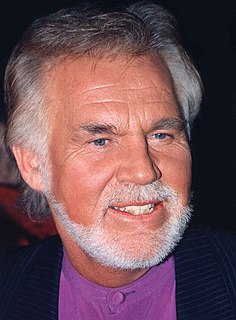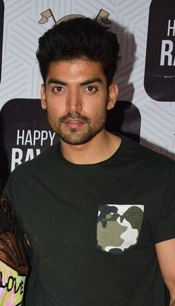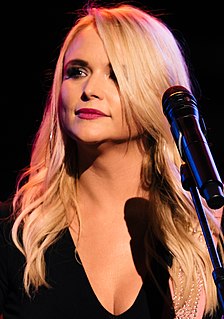A Quote by Kenny Rogers
Related Quotes
I'm well past the age where I'm acceptable. You get to a certain age and you are forbidden access. You're not going to get the kind of coverage that you would like in music magazines, you're not going to get played on radio and you're not going to get played on television. I have to survive on word of mouth.
I am of the opinion, and even more so the older I get, that it is more difficult to have hope than it is to despair. And I mean this in the sense that in order to have hope you must acknowledge the despair and then you have to get beyond it. Taken from a radio interview given on BBC Radio 4's Open Book
College radio is a very important medium that needs to survive in difficult economic times when some stations are being sold off and shut down. College radio is the future for broadcasting stars and pioneers of tomorrow, and we as a band, Coldplay, support the vital mission of college radio and we also support College Radio Day, the day when college radio comes together.
The radio voice, you're in the studio, there's nobody around, and you're using your personality and enunciation skills to get the message across. At the stadium, there are vendors, there are people, the fans talking to each other. It's very difficult. If you were to speak as a radio disk jockey, no one would ever understand what you're saying.
































